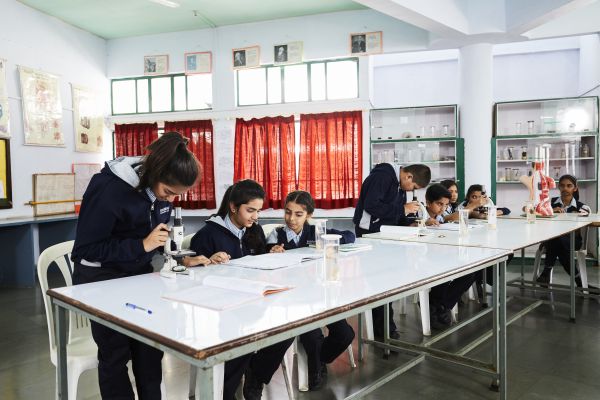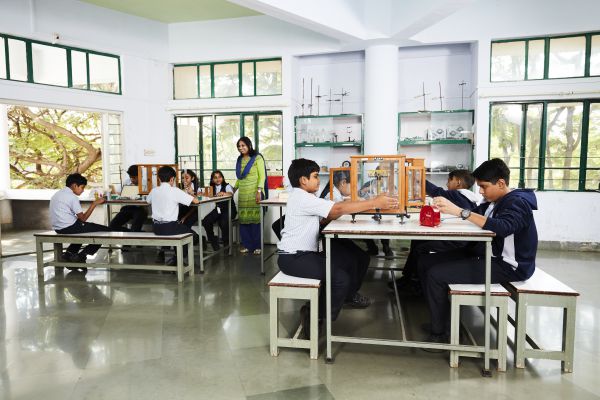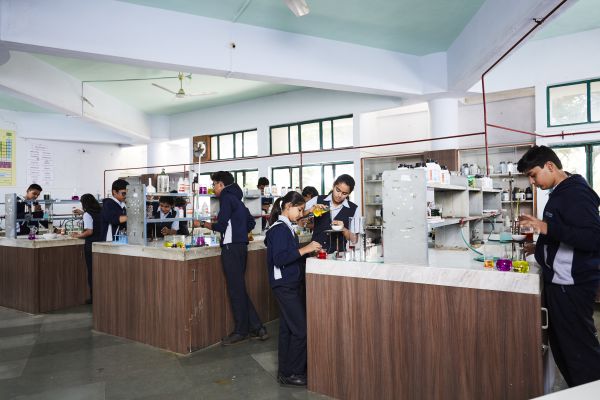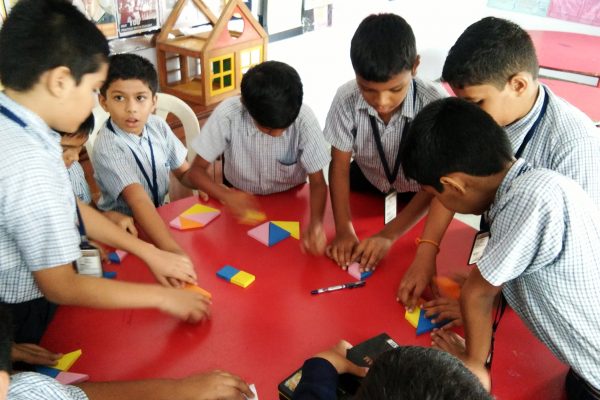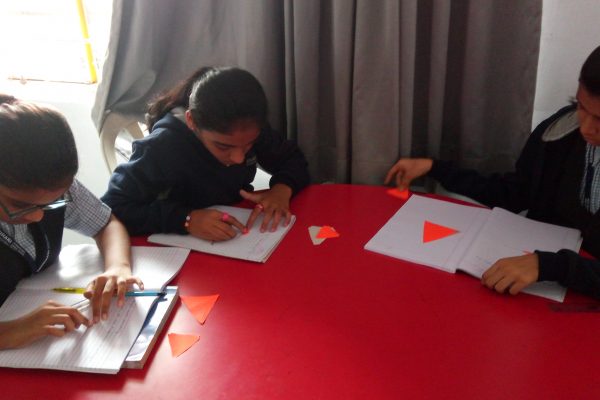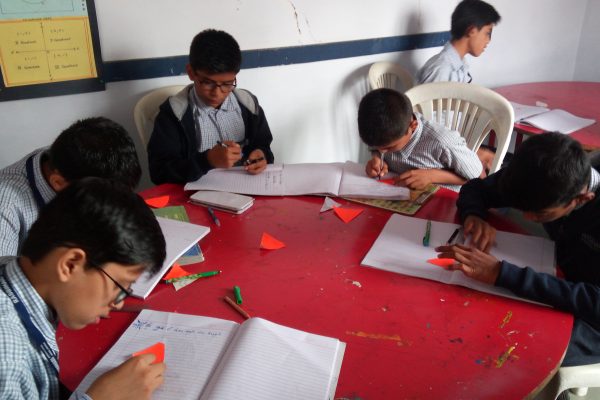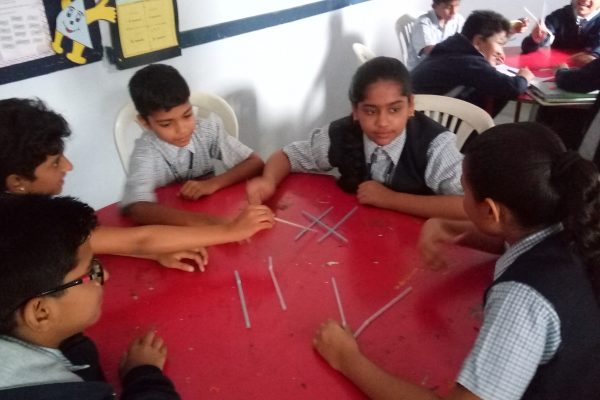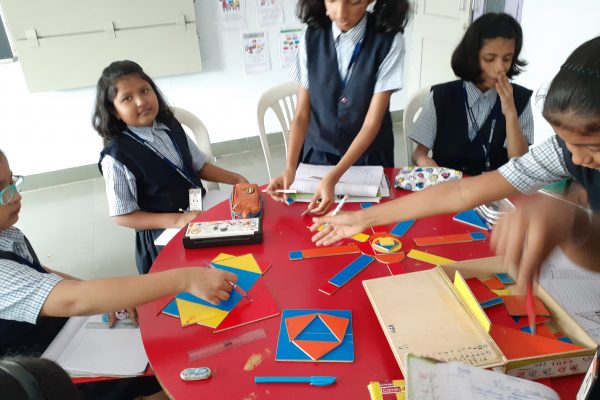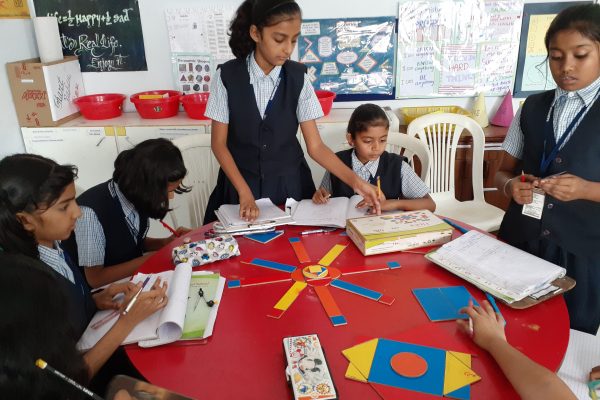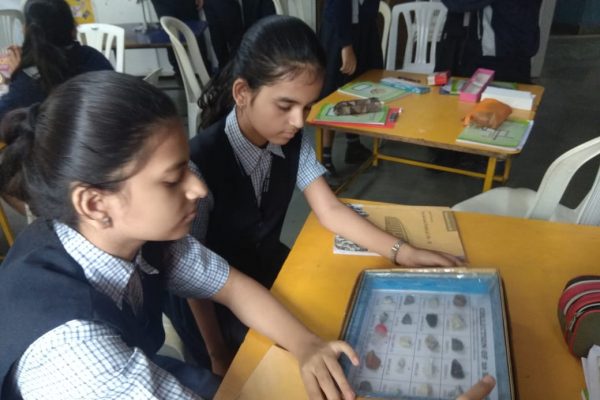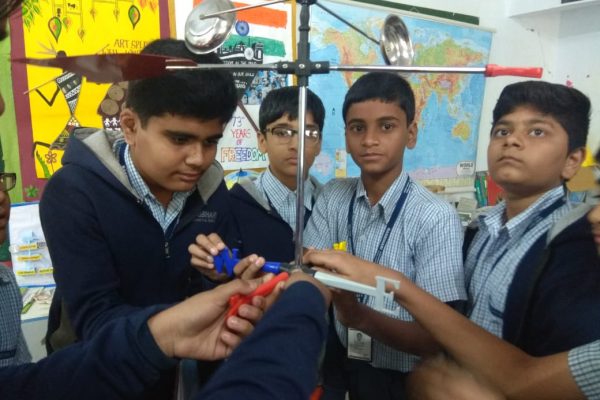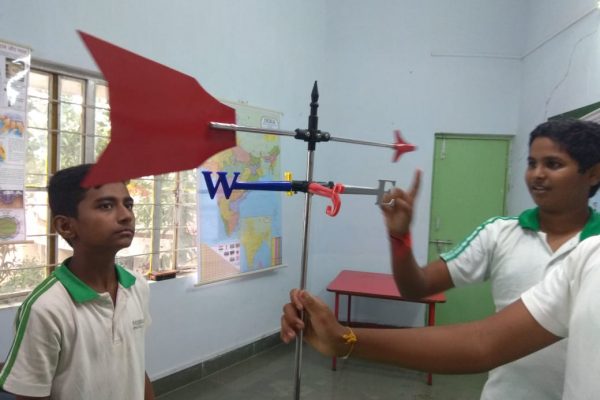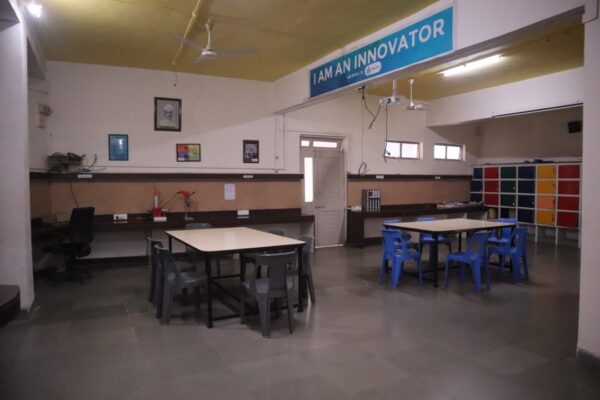Science Lab
Children are encouraged to do experiments in the Physics, Chemistry and Biology Labs to learn concepts and see theory in action.
All three labs are well equipped with the students being mentored by well-trained teachers and supported by lab assistants.
Upcoming Dates
Story Telling as Pedagogy
Training
School Bus Committee Meeting
As per Govt. nor
Fun family day
To develop the bonding between parents and children.
Concept of Inclusive Education
Training
Mathematics Lab
Many school students even today express displeasure to learn Math viewing it as dull and boring. To them Math means either to get something right or wrong. When they get it wrong they view it as a failure and lose interest while there enough tricks to get the concepts clear and interesting.
Since schools are responsible to make students Math confident, at RIS we have a separate Math Lab which provides ample opportunities to the teacher to teach Math in a different way, through activities and games. The goal is to make Math interesting, challenging and effective by providing a proper context for application. It is a place for students to discover Mathematics by doing.
The role of a teacher in a Math lab is not to teach, but to facilitate inquiry in Mathematics. This could either be done by questions, offering an extra resource or asking to discuss with peers. It is a place where anybody can experiment and explore patterns and ideas. It is a place where one can find a collection of games, puzzles, and other teaching and learning material. The materials are meant to be used both by the students on their own and with their teacher to explore the world of Mathematics, to discover, to learn and to develop an interest in Mathematics. The activities create interest among students to explore, and test some of their ideas, beliefs about Mathematics. Many of the activities present a problem or a challenge, with the possibility of generating further challenges and problems. The activities help students to visualize, manipulate and reason
SST Lab
Environment plays a great role in imparting education. A social studies lab serves the purpose of a library, workshop, classroom, a stock room and a student’s club. In our school we have Globes, charts made by the students, models including Model structure of Government made by the students, Political and Physical map of India and the world, Physical map of Africa, Asia and charts related to His-tory, Geography and Civics topics, timelines The laboratory is well ventilated and well lit with tables for the students to work on the maps and other hands on tasks. The social studies lab includes images of great freedom fighters and social reformers of India.
The social studies lab includes models, samples and charts of different types of rocks and minerals, and solar system. Recently we have added hygrometer, hydrometer, and magnetic compass. The SST lab has enabled the students to have hands on the different manipulatives available in the lab. Apart from understanding concepts and practical knowledge it instills the values of cooperation, self-dependence and develops leadership and social skills among students. The details of the use of lab is recorded in the SST Lab register by the teache
Atal Tinkering Lab (ATL)
Atal Tinkering Laboratories (ATLs) is one of the flagship schemes proposed under the Atal Innovation Mission (AIM).
The main idea behind setting up of ATL at Rasbihari is to encourage the young students to understand STEM (Science, Technology, Engineering, and Math) concepts practically. Students are encouraged to combine the creativity and logic by offering them the specific tools and equipment related to robotics, electronics, science, 3D printers, sensors, etc.
The approach is aimed at eliminating the limitations caused by monotonous classroom learning and using only textbooks as a reference without any exposure to a practical approach.
Starting from Grade 5, the students work with the specific tools and equipment to explore the practical relevance of STEM theories and concepts. To further encourage the children to exhibit their acquired talent, the timely competitions along with an annual Science Exhibition is held where students can exhibit their skills and talent in the form of various relevant projects.

